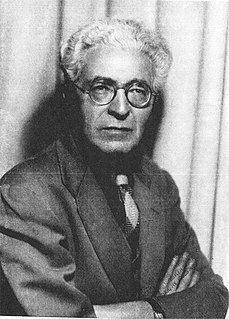A Quote by Lajos Egri
Although you should never mention your premise in the dialogue of your play, the audience must know what the message is. And whatever it is, you must prove it.
Related Quotes
But whatever the era, whatever the times, one thing will never change: Fathers and mothers, if you have children, they must come first. You must read to your children and you must hug your children and you must love your children. Your success as a family, our success as a society, depends not on what happens in the White House but on what happens inside your house
What must novel dialogue . . . really be and do? It must be pointed, intentional, relevant. It must crystallize situation. It must express character. It must advance plot. During dialogue, the characters confront one another. The confrontation is in itself an occasion. Each one of these occasions, throughout the novel, is unique.
I never like to play for myself, and that is why I don't own a grand piano. To play for yourself is like looking at yourself in a mirror. I like to practice; that is to work at a task. But to play there must be an audience. New things happen when you play for an audience. You don't know what will occur. You make discoveries with the music, and it is always the first time. It is an exchange, a communion.
The poor of the United States and of the world are your brothers and sisters in Christ. You must never be content to leave them just the crumbs from the feast. You must take of your substance, and not just of your abundance, in order to help them. And you must treat them like guests at your family table.


































